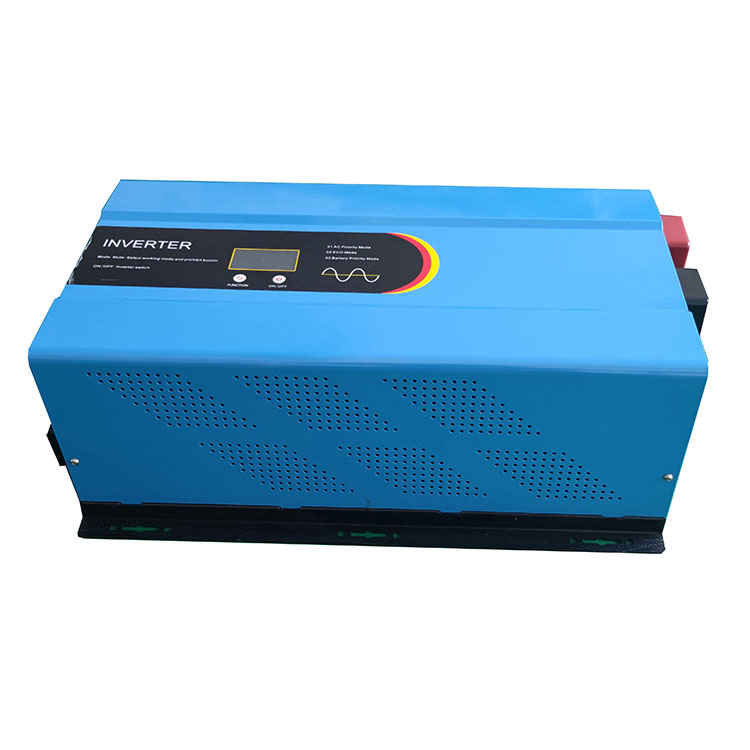Advantages of Low Frequency Inverter
2024-02-01
Low-frequency inverters, commonly used in power systems, have several advantages in certain applications. Here are some of the key advantages:
1. High Surge Power Capacity:
- Low-frequency inverters are known for their high surge power capacity. This means they can handle brief periods of high power demand, making them suitable for appliances and equipment with high start-up loads.
2. Robust and Durable:
- Low-frequency inverters often use heavy-duty transformers and components, making them more robust and durable. This durability contributes to a longer lifespan, especially in applications with frequent power cycling.
3. Better Compatibility with Sensitive Electronics:
- These inverters produce a clean and stable sine wave output, which is ideal for powering sensitive electronics such as computers, audio equipment, and medical devices. This feature is particularly important in applications where precise and stable power is required.
4. Wide Voltage Range:
- Low-frequency inverters can often operate in a wide voltage range, allowing flexibility in various power input conditions. This can be beneficial in locations with fluctuating or unstable power sources.
5. Suitable for Heavy Loads:
- Due to their robust design and high surge capacity, low-frequency inverters are well-suited for heavy loads, including power tools, refrigerators, air conditioners, and other appliances with high power requirements.
6. Lower Electromagnetic Interference (EMI):
- The design of low-frequency inverters tends to produce lower levels of electromagnetic interference, which can be advantageous in applications where EMI can interfere with sensitive electronic equipment.
7. Excellent for Off-Grid and Remote Applications:
- Low-frequency inverters are often preferred in off-grid and remote power systems, such as solar or wind installations, where a reliable and durable power source is crucial.
8. Ability to Run Various Types of Loads:
- Low-frequency inverters can handle a wide range of loads, including resistive, inductive, and capacitive loads, making them versatile for different applications.
9. Ease of Maintenance:
- The design simplicity of low-frequency inverters can make them easier to maintain. Repairing or replacing components may be more straightforward compared to more complex high-frequency inverters.
10. Better Performance in Extreme Temperatures:
- Low-frequency inverters often exhibit better performance in extreme temperature conditions. This makes them suitable for use in environments with temperature variations.
Despite these advantages, it's essential to note that low-frequency inverters also have some drawbacks, such as larger size and weight compared to high-frequency inverters, which may impact portability and installation considerations. The choice between low-frequency and high-frequency inverters depends on the specific requirements of the application.



